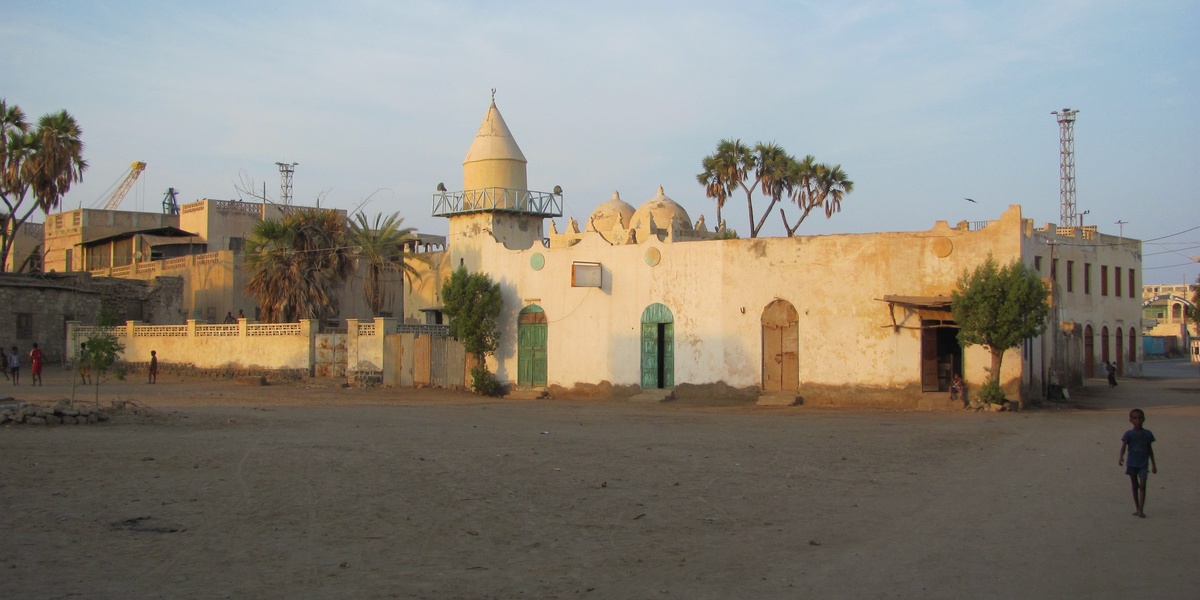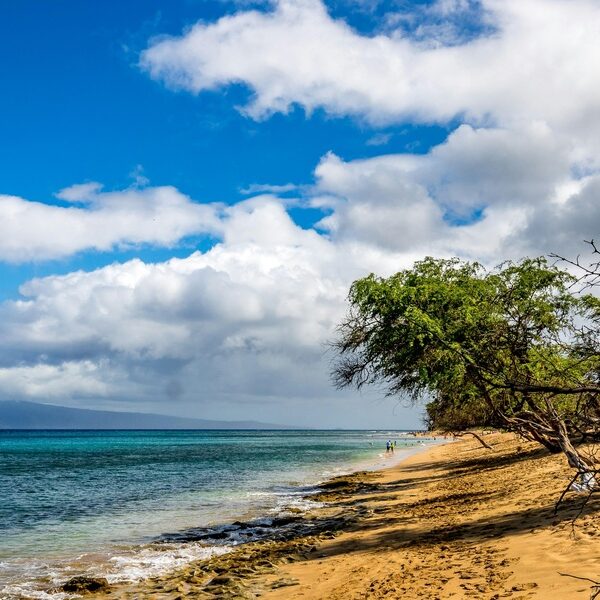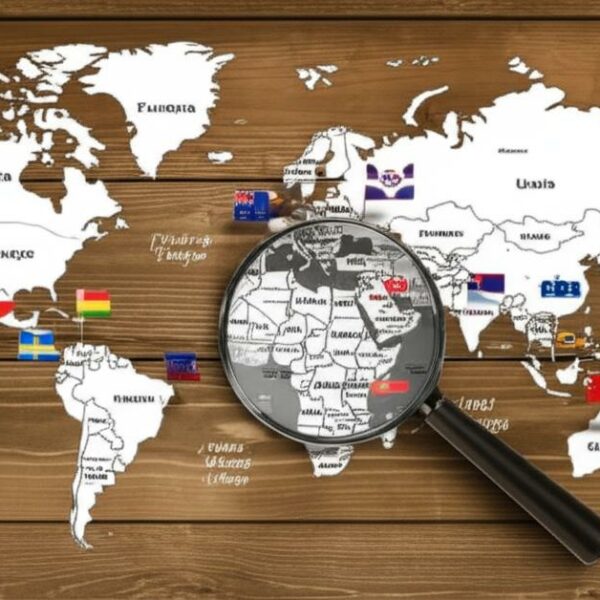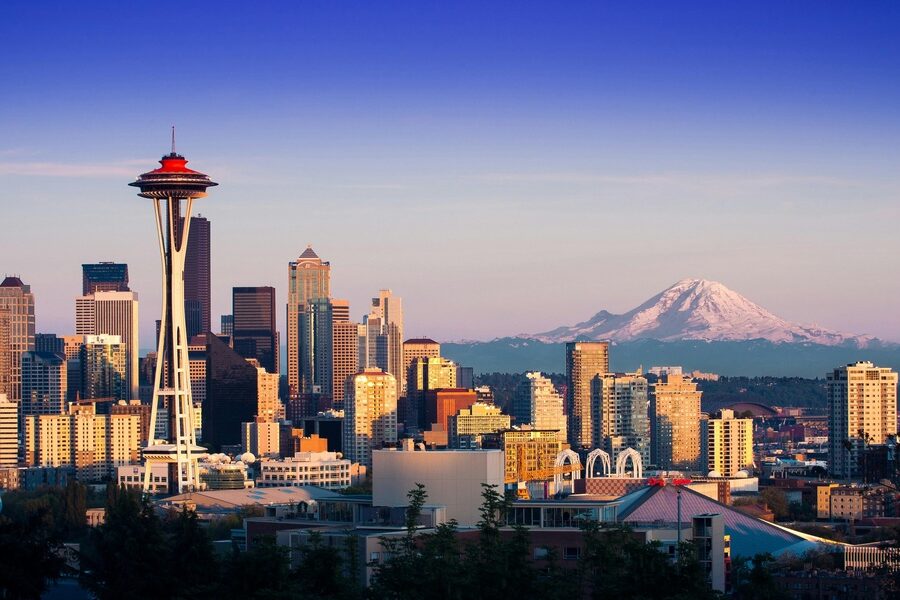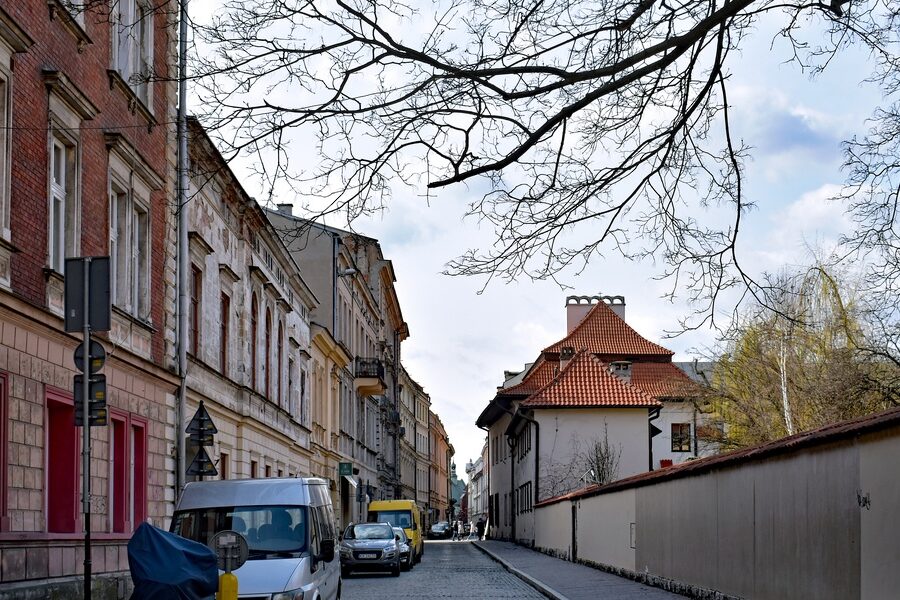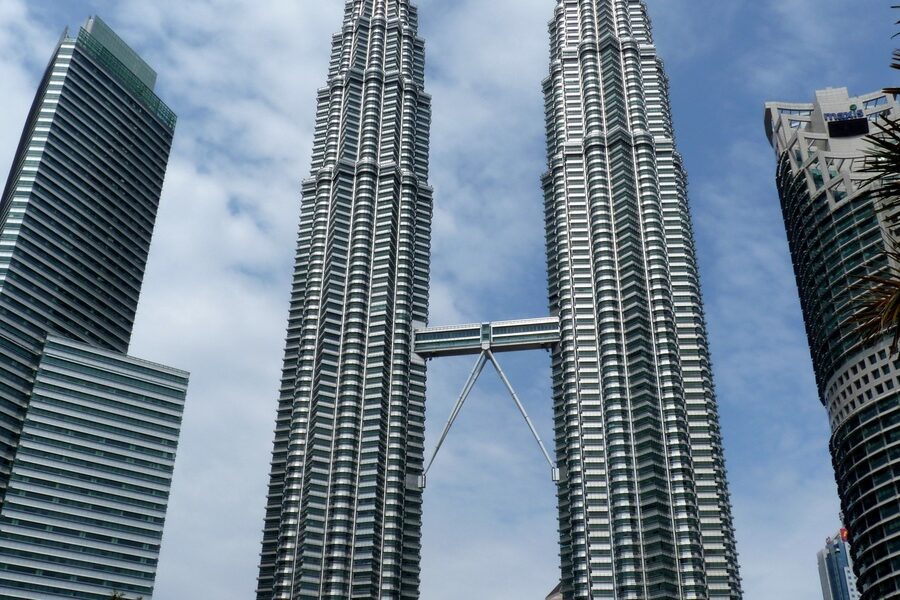On 24 May 1993 Eritrea declared independence, and that moment — together with Asmara’s inscription as a UNESCO World Heritage Site in 2017 — signaled both a new nationhood and a commitment to preserving a distinct urban and cultural identity. With a population of approximately 3.6 million (World Bank, 2020), the country often surprises visitors: everyday life here mixes preserved Italian-modernist boulevards, Red Sea coastlines, and close-knit neighborhoods in ways that matter for quality of life.
Despite common misconceptions, a range of tangible advantages — from a rich cultural heritage and coastal access to affordable living and renewable-energy potential — make life here distinct. This piece highlights ten concrete benefits grouped under Cultural & Social, Economic & Practical, Environmental & Health, and Strategic & Lifestyle categories so you can see how daily routines and opportunities stack up for residents.
Cultural and Social Benefits
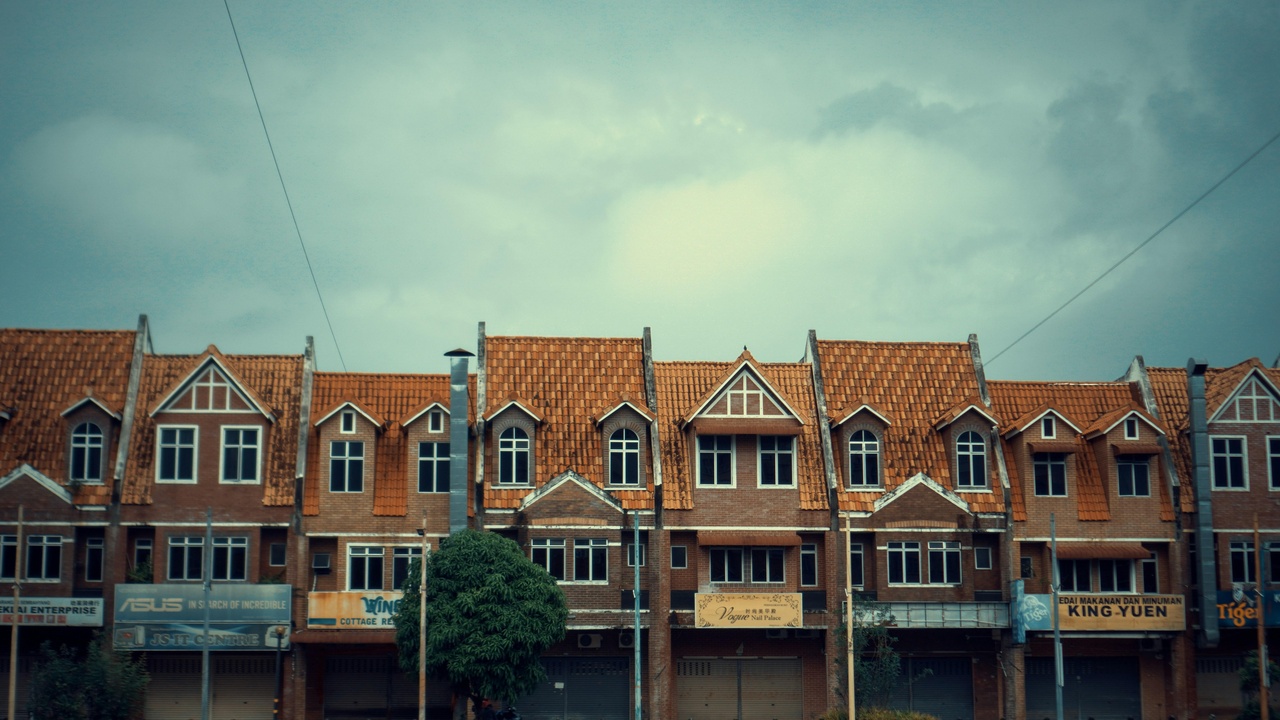
Many of Eritrea’s social strengths come from preserved public spaces and everyday rituals that knit communities together. Asmara’s architecture, neighborhood life, and shared customs shape how people interact, work, and relax.
1. UNESCO-listed Asmara: living amid preserved modernist architecture
Asmara’s built heritage offers a rare everyday urban experience rooted in 20th-century modernist design. The city was inscribed by UNESCO in 2017, a milestone that has helped protect landmark buildings and boost civic pride.
Preserved structures such as the Fiat Tagliero building and Cinema Impero, plus wide, tree-lined boulevards, make neighborhoods pleasant for walking and small businesses. Modest cultural tourism to these sites supports cafés, galleries, and guides, creating local income without overwhelming daily life.
2. Strong community ties and social cohesion
Extended-family structures and neighborhood networks shape daily routines and provide robust informal safety nets. Low levels of street-level violent crime are often reported by travelers and locals describe dependable mutual support systems.
Practical benefits show up as neighbor-based childcare, collective fundraising for home repairs, and diaspora-funded projects that improve local infrastructure. Across Asmara and other towns, remittances and community organization often fund housing upgrades and neighborhood improvements.
3. Daily cultural life: coffee ceremonies, music, and festivals
Everyday rituals make social life richer and more affordable. The traditional Eritrean coffee ceremony is a regular feature of home and street life, structuring social visits and business conversations alike.
Seasonal festivals, wedding dances, and street markets offer low-cost entertainment and create steady demand for local artisans, cafés, and musicians. That integration of culture and commerce helps small entrepreneurs and keeps public life lively.
Economic and Practical Benefits
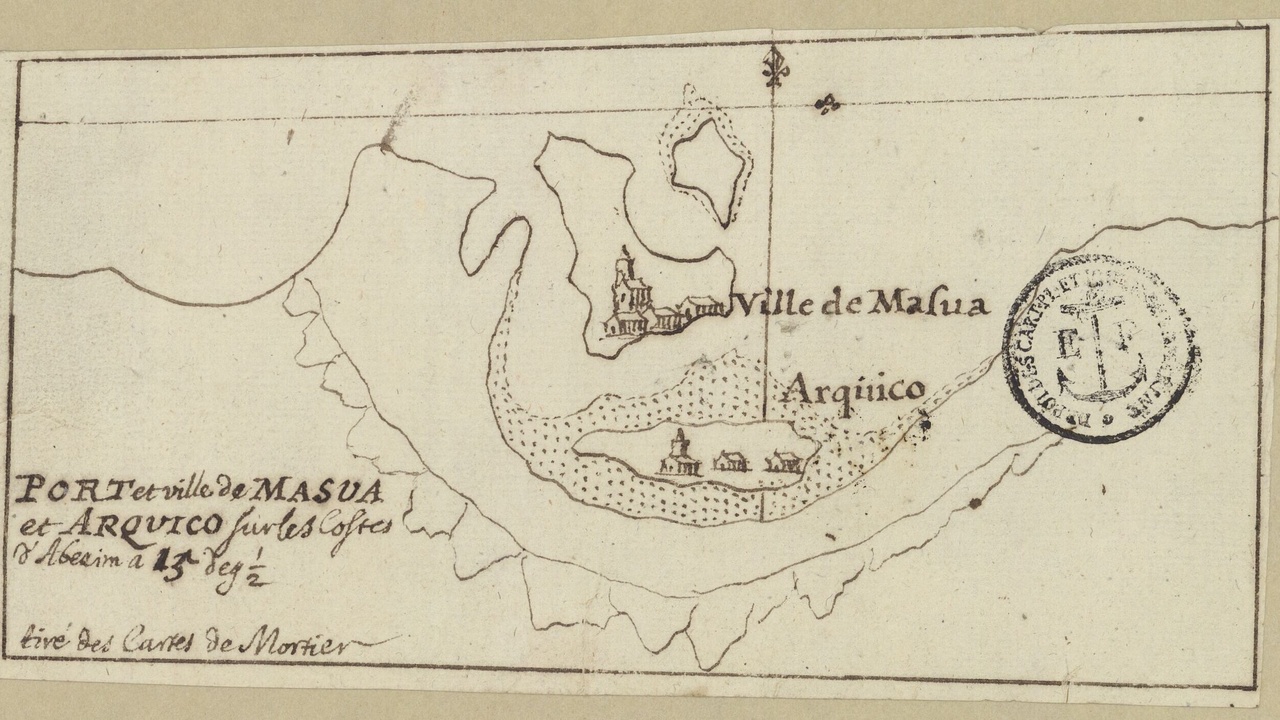
Taken together, these economic factors explain why many residents find the advantages of life in Eritrea practical and tangible. Lower everyday costs, direct Red Sea access, and natural-resource livelihoods combine to shape household budgets and small-business opportunities.
4. Affordable cost of living and accessible housing
Many basic living costs in Eritrea are comparatively low, especially for goods and services bought locally. Open-air markets and small vendors supply produce and staples at prices that often let families stretch income further than in larger regional capitals.
Rents for modest apartments in central Asmara are relatively low by regional standards, and lower transport costs for short commutes help reduce daily expenses. That affordability lets some residents save, invest in microbusinesses, or support extended family members.
5. Strategic Red Sea access and port-related opportunities
Eritrea borders the Red Sea and hosts key ports such as Massawa and Assab, with more than 1,000 km of coastline available for trade and fisheries. That positioning provides direct access to maritime routes and coastal livelihoods.
Residents find work in port services, logistics, and small-scale export activities. Coastal towns support boat operators, transport services to the Dahlak islands, and seafood supply chains that connect fishermen to markets in Massawa and beyond.
6. Fisheries and maritime livelihoods with growth potential
Fishing and related enterprises are concrete income sources along the coast. The Dahlak Archipelago’s coral reefs and fisheries feed local markets and support family-run boats and small processing operations.
Tourism-linked maritime activities, such as diving and snorkeling operators, provide supplemental revenue. With sustainable management and modest investment, these sectors could expand, creating more jobs for coastal communities.
Environmental and Health Benefits
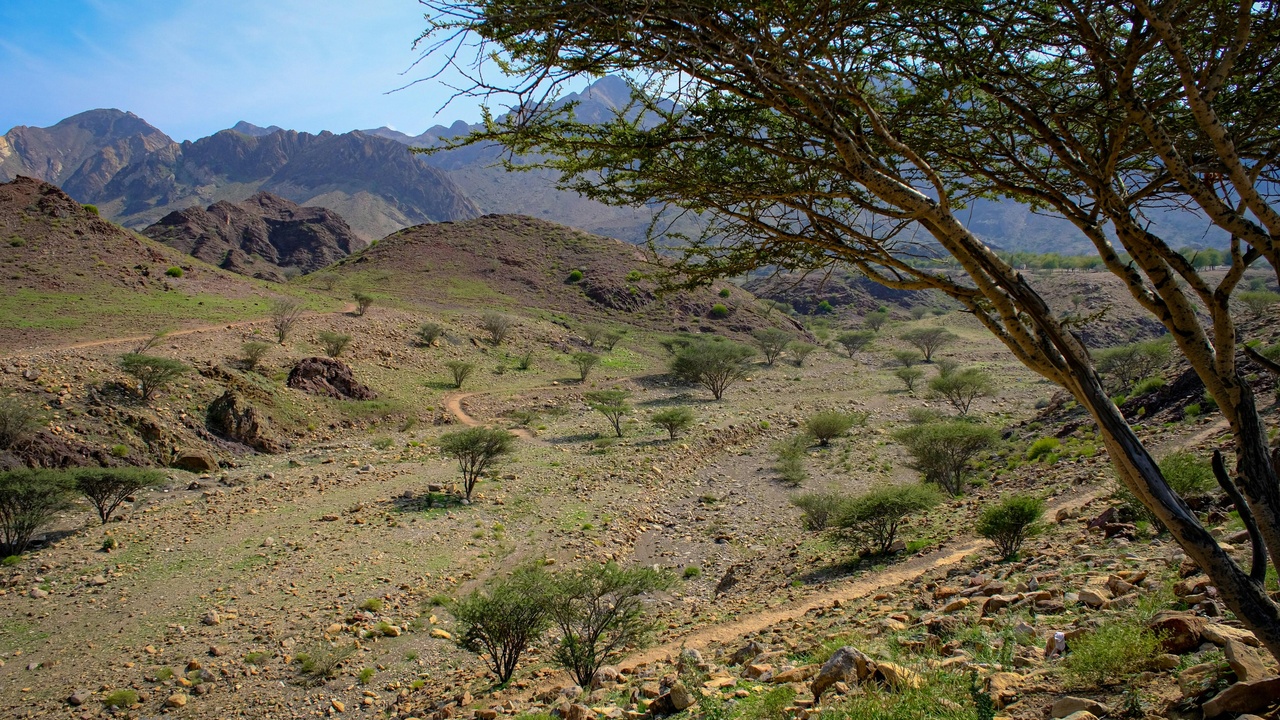
Natural conditions in Eritrea support healthier, more active routines for many residents. Highland climates, abundant sunshine, and access to coastal ecosystems influence everything from daily exercise to household energy choices.
7. Mild highland climate in Asmara and better air quality
Highland areas like Asmara sit at elevation, which moderates temperatures and creates a cooler, drier climate than many lowland parts of the Horn of Africa. That moderation reduces heat stress and lowers reliance on air conditioning for day-to-day comfort.
Cooler days and tree-lined boulevards encourage walking, outdoor markets, and café life. Those habits support physical activity and can help reduce respiratory strain compared with hotter, dustier lowland environments.
8. Strong solar potential and energy independence options
Eritrea receives abundant sunshine across much of its territory, making household solar systems both feasible and cost-effective. Small solar kits and rooftop panels are already used to power lights, mobile charging, and water pumps in many homes.
For small businesses, solar reduces expenses on kerosene and generator fuel and opens opportunities for local sales and maintenance services. Community microgrids and pilot solar projects have shown how renewables can improve reliability and cut household energy bills.
Strategic and Lifestyle Benefits
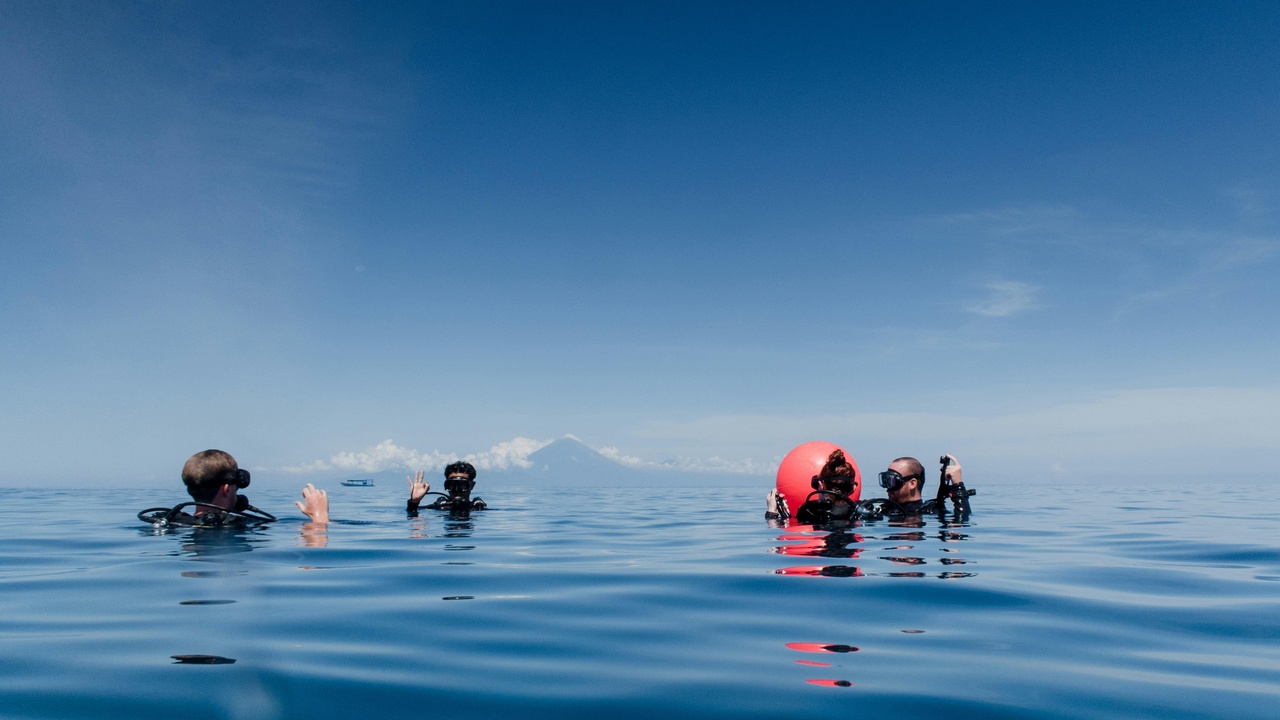
Beyond economics and climate, Eritrea offers lifestyle advantages that matter for family life and wellbeing: beaches and diving within short reach, community safety, and a clear sense of cultural continuity.
9. Easy access to beaches, diving, and outdoor recreation
Coastal areas and islands such as the Dahlak Archipelago provide year-round recreation without long travel. Residents can reach snorkeling and diving sites that host healthy coral reefs and abundant marine life.
Weekend beach trips near Massawa, guided dives around Dahlak, and coastal excursions support physical activity, family outings, and small tourism businesses. Those options make outdoor time an affordable, regular part of life.
10. Sense of identity and safety appreciated by families
A strong national identity, preserved traditions, and close-knit neighborhoods create a stable setting for family life. Community oversight and shared norms contribute to everyday safety and predictable social routines.
Family festivals, neighborhood child supervision, and local schools with active community involvement all help reduce social isolation and provide reliable support during child-rearing and family transitions.
Summary
- Asmara’s preserved modernist core (UNESCO, 2017) makes everyday urban life architecturally pleasant and supports small cultural tourism.
- Direct Red Sea access—Massawa, Assab, and the Dahlak Archipelago—creates jobs in ports, fisheries, and coastal recreation across more than 1,000 km of shoreline.
- Relatively affordable local markets and accessible housing in cities like Asmara let households stretch resources and invest in microbusinesses.
- Abundant sunshine and strong solar potential enable off-grid solutions and energy savings for households and small enterprises.
- Close community ties, routine cultural life (coffee ceremonies, festivals), and family-friendly neighborhoods create social stability for roughly 3.6 million people and growing interest from visitors and researchers.

